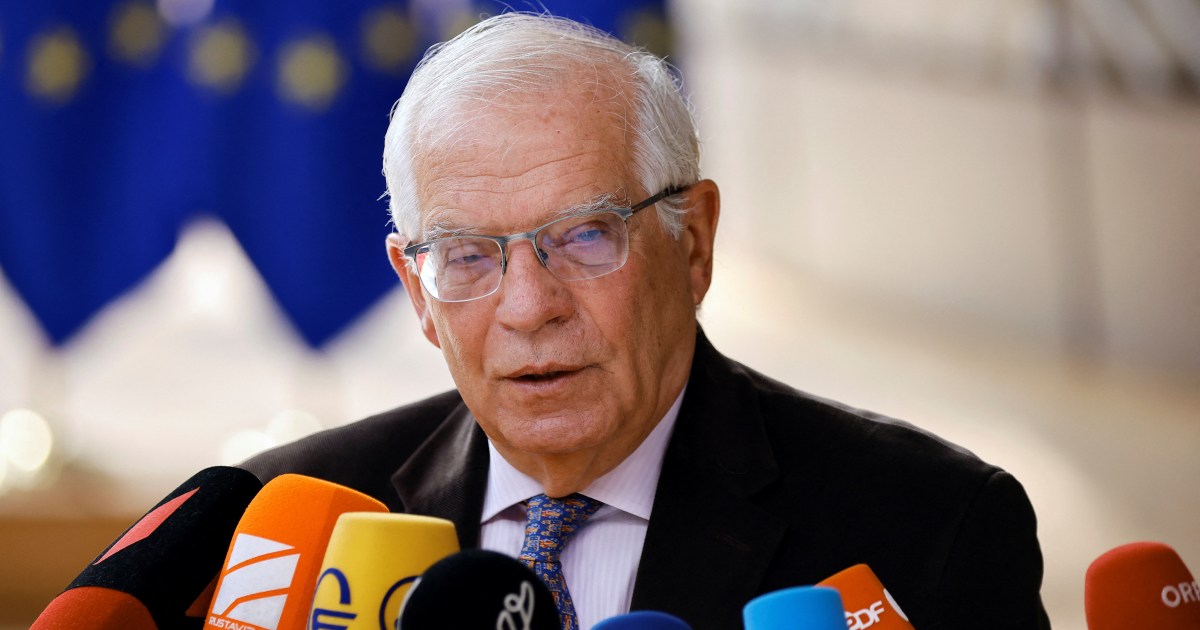In an article in the British newspaper "The Independent", Josep Borrell, the High Commissioner for Foreign and Security Policy of the European Union, stressed that Western sanctions against Russia severely affect the Russian economy, and this impact will increase with time.
Borrell said that the European Union adopted 6 packages of sanctions against Moscow after it started a war against Ukraine, adding that the sanctions so far include about 1,200 individuals and 98 institutions, in addition to a large number of basic sectors on which Russia's economy depends.
The European official explained that Russia is forced to import many important products that it does not manufacture, as it relies on advanced technologies 45% on Europe, 21% on the United States, and only 11% on China.
On the military front, Borrell explains that sanctions prevent Moscow from producing advanced missiles such as the "Iskander" missile.
oil
The European official added that many Russian industries suffer from many problems due to the sanctions, citing the oil industry as an example, where many foreign operators have left, and the Russian market has become lacking in many advanced technologies used in this industry, such as horizontal drilling techniques.
With regard to air navigation, the European official explained that Russia will have to withdraw the majority of its planes from service in order to use the necessary spare parts to allow other planes to fly again.
Borrell stressed that Europe will give up 90% of Russian oil by the end of 2022, and will work to reduce its gas imports by approximately the same percentage, noting that this decision will gradually free Europe from the dependence that has hampered its political options for a long time in the face of “Putin’s aggressiveness,” as he put it. .
He stated that such decisions are harsh and difficult, because they have created a difficult situation, both for individuals and industries, but that is the price that must be paid to liberate Europe from Russian constraints.
Borrell ruled out that these sanctions would push Putin to retreat from his plans in the near term, because his decisions are not guided in the first place by economic logic, but he made it clear that gradually tightening the sanctions will tighten the screws on him and do not leave him with many options.
He said the sanctions never target Russian wheat or fertilizer exports.
On the other hand, Russia prevents Ukraine from exporting its wheat to the world, which makes Russian President Vladimir Putin the first and last person responsible for the food crisis in the world.
He concluded that the real solution to the energy and food crisis that the world is witnessing lies in ending the war and Russia's withdrawal from Ukraine, not in accepting Russian dictates.

